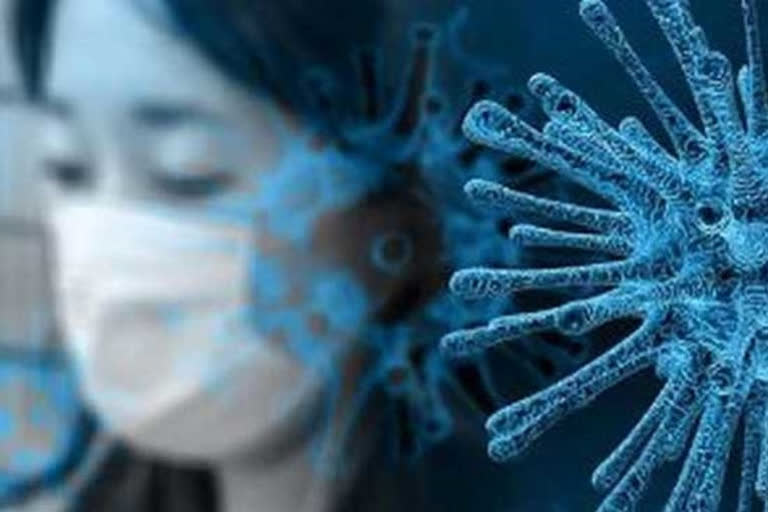New York: A global team of researchers has for the first time described the pathology of early phase of lung infection in coronavirus (COVID-19) patients who were alive.
Two patients who were part of the study underwent lung lobectomies (surgery to remove one of the lobes of the lungs) and were retrospectively found to have had COVID-19 at the time of surgery.
Pathologic examinations revealed that, apart from the tumours, the lungs of both patients exhibited edema, proteinaceous exudates (fluid), focal reactive hyperplasia of pneumocytes with patchy inflammatory cellular infiltration, and multi-nucleated giant cells.
Fibroblastic plugs were noted in airspaces.
"This is the first study to describe the pathology of disease caused by COVID-19 pneumonina, since no autopsy or biopsies had been performed thus far," said Shu-Yuan Xiao, from the University of Chicago Medicine in Chicago.
"This would be the only description of early phase pathology of the disease due to this rare coincidence. There would be no other circumstance that this will happen. Autopsies will only show late or end stage changes of the disease," Xiao mentioned in a paper published in the Journal of Thoracic Oncology.
For the study, Xiao teamed up with a small group of clinicians from the Zhongnan Hospital of Wuhan University in Wuhan, China.
"Since both patients did not exhibit symptoms of pneumonia at the time of surgery, these changes likely represent an early phase of the lung pathology of COVID-19 pneumonia," Dr Xiao added.
The first case was a female patient, 84, who was admitted for treatment evaluation of a tumor measuring 1.5 cm in the right middle lobe of the lung.
She had a past medical history of hypertension for 30 years, as well as type 2 diabetes. Despite comprehensive treatment, assisted oxygenation, and other supportive care, the patient's condition deteriorated, and she died.
